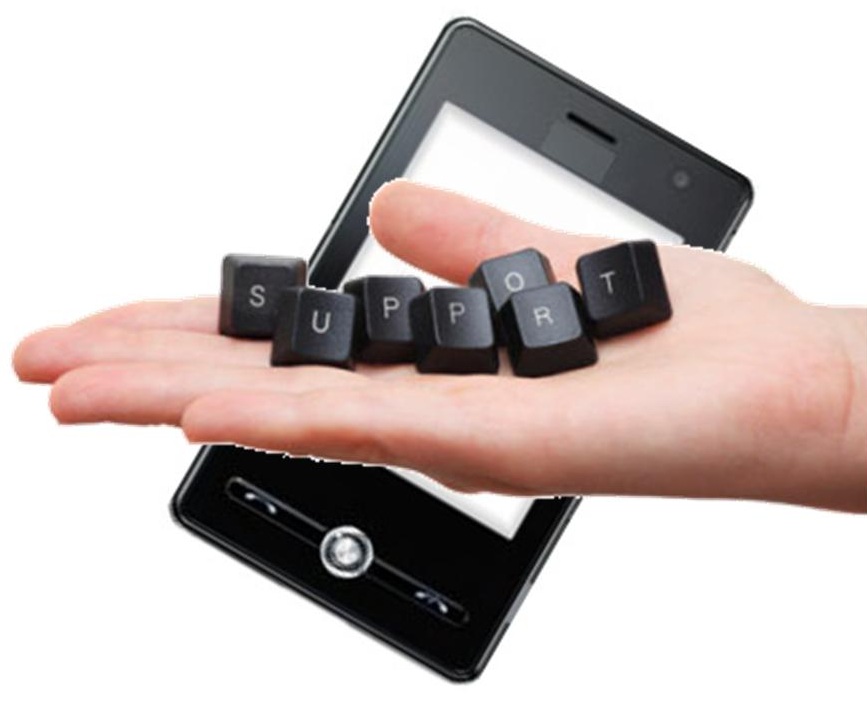Starbucks continues to see major success in the mobile commerce space
Starbucks has found a great deal of success in the mobile commerce space. The company’s partnership with payments processor Square has been quite lucrative and has given Starbuck’s some ideas for the future. The company recently announced plans to begin selling alcohol and hot food at thousands of its stores in the near future, while also unveiling plans to further expand its Teavana chain. In the mobile space, Starbucks has plans to begin expanding its payments technology beyond its own family of stores.
Company believes that licensing its technology could help retailers engage mobile consumers more effectively
Starbucks CEO Howard Schultz notes that the company has managed to establish a very powerful position in the mobile commerce sector. The company has managed to succeed with mobile payments where others have failed. Many retailers have been struggling to engage mobile consumers through new commerce channels, but none have yet managed to have the impact that both Starbucks and Square have had. Starbucks may be in a position to assist retailers by licensing off its mobile payments technology.
Starbucks generates $1 billion from mobile payments in 2013
 Since partnering with Square in 2011, Starbucks has seen a 14% increase in mobile payments throughout its stores in the U.S. In 2013, it was estimated that the company generated more than $1 billion in revenue just from mobile transactions. Nearly 10 million customers have downloaded the company’s mobile commerce application, with 8 million people taking advantage of the loyalty rewards being offered by the application. In licensing its technology to other companies, Starbucks may be able to help retailers engage mobile consumers more effectively.
Since partnering with Square in 2011, Starbucks has seen a 14% increase in mobile payments throughout its stores in the U.S. In 2013, it was estimated that the company generated more than $1 billion in revenue just from mobile transactions. Nearly 10 million customers have downloaded the company’s mobile commerce application, with 8 million people taking advantage of the loyalty rewards being offered by the application. In licensing its technology to other companies, Starbucks may be able to help retailers engage mobile consumers more effectively.
Starbucks is likely to continue seeing success in the mobile field by addressing consumer concerns
Starbucks has managed to avoid some of the pitfalls that exist in the mobile commerce sector thanks to its partnership with Square. Security and efficiency are two issues that many consumers have problems with when it comes to mobile payments. Starbucks has managed to address these issues quite effectively, providing consumers with a comprehensive service that provides them with more convenience.

 Tencent is one of China’s largest Internet organizations and it has begun to focus quite heavily on
Tencent is one of China’s largest Internet organizations and it has begun to focus quite heavily on 